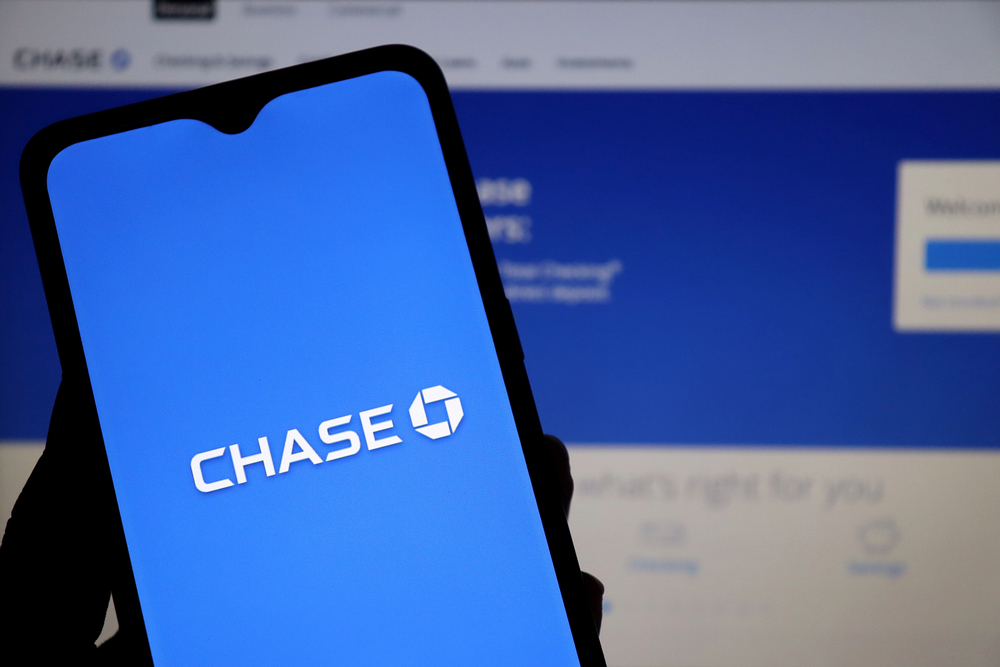News
Chase now pays 1% interest on current accounts

Chase confirmed it now pays 1% in-credit interest on current accounts as it has pushed back the introduction of a cap on debit card spending cashback for new sign-ups.
The digital challenger (app-only bank) has from today introduced 1% AER interest on cash held in current accounts.
This applies to both new and existing customers (in September 2022 it reported over a million users), with interest accruing across multiple current accounts held by individual savers.
Chase confirmed there are no minimum monthly deposit, direct debit requirements or fees for the account. Interest will accrue daily and be paid at the start of each month.
Shaun Port, managing director for everyday banking at Chase, said: “At a time when many need their money to stretch further, we’ve created a fuss-free option for customers to help them earn a little bit extra on their everyday banking.”
“Earning interest on money held in your current account can get your money working harder, and is a smart way of earning interest on your salary before your mortgage, rent or bills leave the account.”
Interest announcement as cashback shake-up revealed
The move comes after Chase first announced in February that it was set to introduce interest on its current account offering.
At the same time, it confirmed a big shake-up to its popular debit card cashback scheme which allows holders to earn 1% on eligible spends. Changes include bringing in a minimum £500 monthly pay in amount and a £15 per month cap for users depending on when they joined (or join) Chase and activated (or activate) the cashback offer.
See YourMoney.com’s Chase to pay current account interest and extend cashback perk, but there’s a catch for the full information.
Originally, new sign-ups from 1 May were expected to receive the introductory 12-month 1% debit card cashback offer without needing to deposit £500 a month while the £15 a month cap would apply.
This has now been pushed back to 9 May, with those signing up between now and 8 May able to earn 1% cashback for a year without needing to deposit the £500 or having the cashback capped at £15 a month. After the year, the minimum and capped amounts will apply so anyone who wants to join Chase for this cashback without ‘strings attached’ for the first year may want to sign up before 9 May 2023.
Then, from 9 May, new sign-ups can earn 1% back on eligible debit card spends which will be subject to the £15 a month cap but they won’t need to pay in the £500 a month minimum to get the deal.
Chase continues to offer 5% AER on round-ups, where spends are rounded up to the nearest pound. Meanwhile, the Chase saver, which is linked to its current account, pays 3.1% AER, (3.06% gross), variable, paid monthly. Chase customers can also earn cashback on overseas spends without any fees.